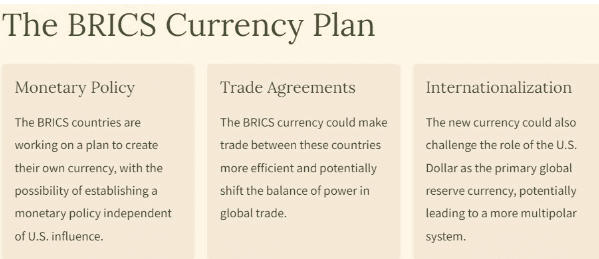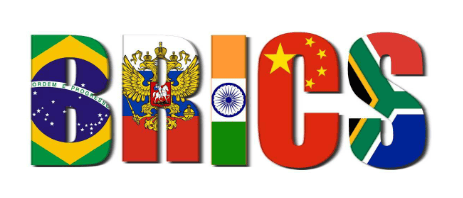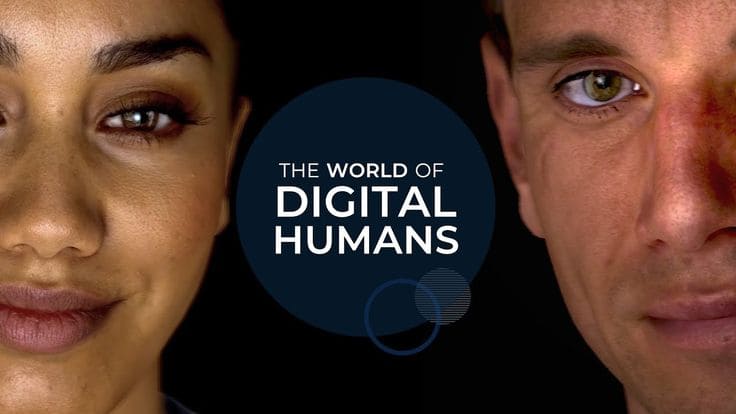New Global Economic Paradigm
With the advent of the BRICS organization and in collaboration with the Bank for International Settlement`s Project mBridge, a paradigm shift from the current debt-based model to an asset -based economic model is well underway.
Inherent to the present debt-based economic model, profits are realized through payments on interest, while, in an asset model, profits are generated within trading relationships. These profits are valued in sovereign currencies, backed by tangible physical assets such as precious metals and commodities in general.
Therefore, unlike debt-based currencies, asset-based sovereign currencies, including CBDCs, retain their value as reflected in the true market value of their underlying tangible assets.
Within the ledgers of a debt-based system , two columns record assets and liabilities. However, these are not true assets, rather, they, too, are liabilities. In this system , assets reflect the payment of interest on debts incurred during the purchase of such assets (i.e. liabilities). Therefore, when a shift is made away from a debt-based system, both the assets and liabilities, simultaneously, are reduced to zero within the ledger.

The replacement , as envisioned by the Bank for International Settlements (BIS), for the current debt-based system is a true asset model, whereby profits are generated within trading members of BRICS. Profits are no longer denominated in U.S. dollars, rather, in a new reserve currency backed by a singular reserve basket of the member`s sovereign digital currencies.

Once the BRICS nations establish a new reserve currency, this would significantly impact the US dollar, leading to a sharp decline in demand, referred to as de-dollarization. Presently, 60% of foreign currency reserves held in U.S. dollars is down from 70%.
During the 14th BRICS Summit, held in mid-2022, Russian President Vladimir Putin said the BRICS countries plan to issue a “new global reserve currency,” and are ready to work openly with all fair trade partners.
At the 2023 BRICS Summit, six countries were invited to become BRICS members: Argentina, Egypt, Ethiopia, Iran, Saudi Arabia, and the United Arab Emirates. All but Argentina officially joined the alliance in January 2024, doubling its membership from the original five members: Brazil, Russia, India, China, and South Africa.
A significant BRICS goal is to increase the use of local currencies for trade utilizing a BRICS Bridge digital currency platform to support trade with local currencies.
This adoption of blockchain technology and its digital currencies would usher in a new global economic paradigm.

BRICS
BRICS is an acronym for Brazil, Russia, India, China, and South Africa, a block of countries that formed a partnership to further economic cooperation among member nations, in contrast to the Western sphere of power.
The head of state of a member nation acts as the chairman of the group, rotating once a year. Informal meetings began in 2006 but the group’s first of ficial meeting was on June 16, 2009, in Yekaterinburg, Russia
The BRICS nations, originally composed of Brazil, Russia, India, China, and South Africa, are looking to establish a new reserve currency backed by a basket of their respective currencies.
The current system is denominated by the U.S. dollar, accounting for approximately 90% of all currency trading. Until recently, nearly 100 percent of oil trading was conducted in US dollars; however, in 2023, one-fifth of oil trades were reportedly made using non-US dollar currencies.
In cooperation with the Bank for International Settlements (BIS), BRICS members are developing Project mBridge Ledger. This multi-sided payment platform connects member states’ financial systems using payment gateways for settlements in central bank digital currencies.
The planned system would serve as an alternative to the current international cross-border payment platform, the Society for Worldwide Interbank Financial Telecommunication (SWIFT) system, which is denominated in US dollars.
Project mBridge Ledger:
The “m” in mBridge stands for “Multiple CBDC Bridge”. mBridge is a blockchain-based platform that enables real-time, peer-to-peer, cross-border payments and foreign exchange transactions using central bank digital currencies (CBDCs).
A platform based on blockchain – the mBridge Ledger – was built to support real-time, peer-to-peer, cross-border payments and foreign exchange transactions. In 2022, a pilot with real-value transactions was conducted. Since then, the mBridge project team has been exploring whether the prototype platform could evolve to become a minimum viable product stage – a stage attained as of June 5, 2024.
The project aims to explore a multi-central bank digital currency (CBDC) platform shared among participating central banks and commercial banks, built on distributed ledger technology (DLT) to enable instant cross-border payments and settlement.
Multi-CBDC arrangements that connect different jurisdictions in a single common technical infrastructure offer significant potential to improve the current system and allow cross-border payments to be immediate, cheap and universally accessible with final settlement.
The Federal Reserve Bank of New York , through its New York Innovation Center (NYIC) and Regulated Liability Network , is an observing member of the Project mBridge Ledger .
BRICS Membership
The next BRICS summitis scheduled to take place during October 22-24, 2024, in the southwestern Russian city of Kazan.
The member organization began as a summit -level gathering between Brazil, Russia, India and China in 2009 and expanded to include South Africa two years later .
Since 2011, BRICS has grown in opposition to the Group of Seven(G7) of major developed economies.
Currently, nearly three dozen countries that are seeking entry into the Chinese and Russian-backed group of major emerging economies.
This year, Russia has been accepting membership applications during its rotating chairman ship of the group. Since the beginning of 2024, Iran, Saudi Arabia, the United Arab Emirates (UAE), Ethiopia, and Egypt have been granted full membership in BRICS, further advancing the global de-dollarization movement .



